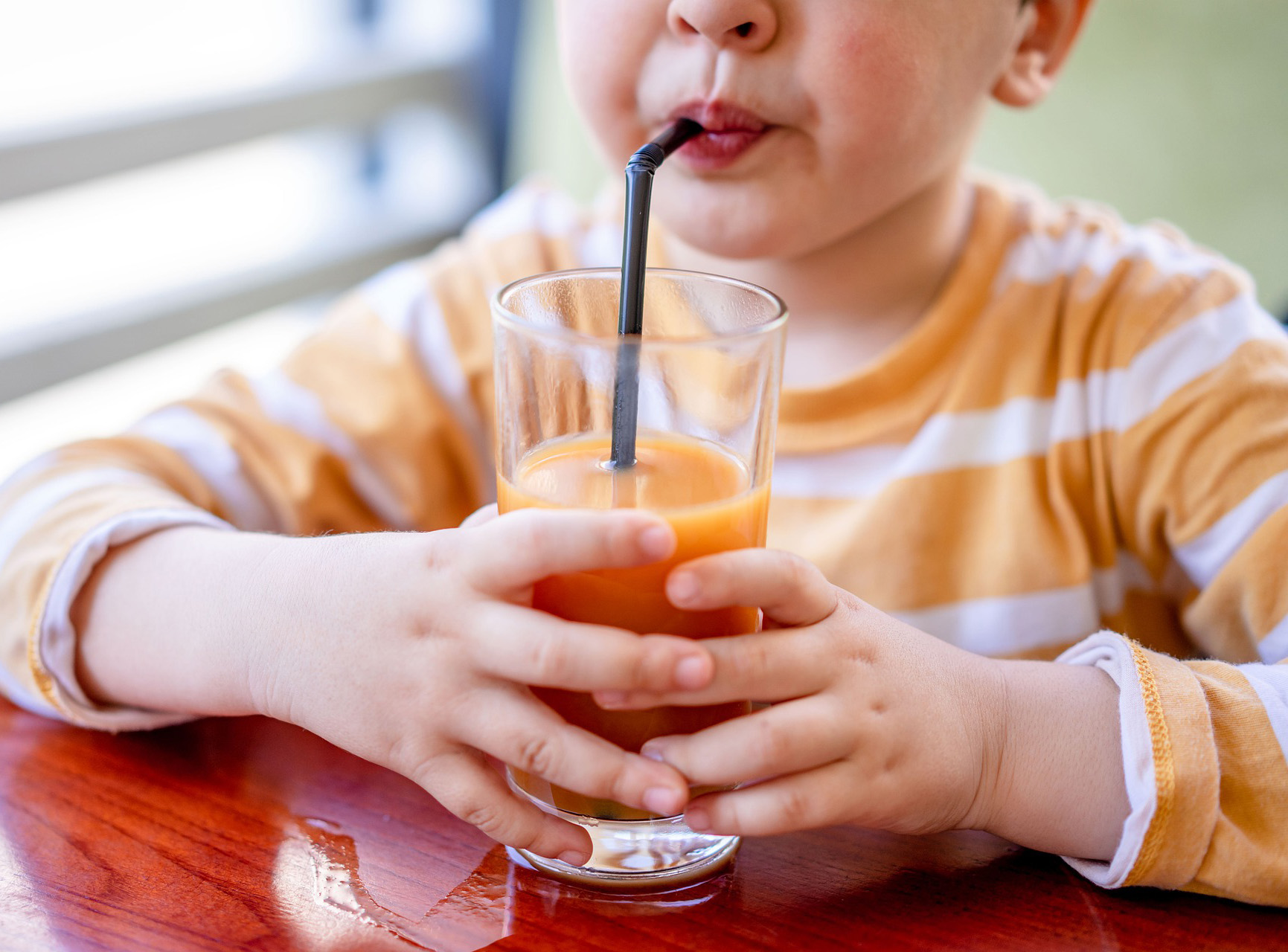 Drinking sugary beverages negatively affected boys’ maths skills, but seemed to improve girls’ maths performance, a new study found.
Drinking sugary beverages negatively affected boys’ maths skills, but seemed to improve girls’ maths performance, a new study found.
Sugar-sweetened drinks have a contrasting impact in the behaviour and math ability of pre-school boys, compared to girls, a new study found.
The study, led by Dr Fritz Schiltz, from the Catholic University Leuven (KU Leuven) in Belgium, was based on a group of nearly 400 pre-school children, who were 4-6 years old. Children in this study received either a sugar-sweetened drink containing about 35 grams of sugar, or an artificially sweetened drink.
One of key findings of the study was that boys, but not girls, showed significant behavioural changes after drinking the sugar-sweetened drink, compared to the group that received an artificially sweetened drink. Boys became relaxed, initially, and then restless, while girls did not exhibit any behavioural changes.
In addition, researchers found that consuming a single sugar-sweetened beverage resulted in a significant reduction in the mathematical test performance of boys, but not girls. Girls who consumed the sugary drink performed significantly better in their maths test, compared to boys in their group or to children who consumed the artificially sweetened drink.
“Our study is the first to provide large-scale experimental evidence on the impact of sugary drinks on preschool children. The results clearly indicate a causal impact of sugary drinks on children’s behaviour and test scores,” Dr Schiltz said.
According to Prof Kristof De Witte, also from KU Leuven, and co-author of the study, their findings have important implications for public education policies.
“The associated effects on in-class performance have major policy implications, as sugary drinks are still ubiquitously sold in schools and as the consumption of sugary drinks is typically higher among children from low-income households and among boys,” Prof De Witte said.
The findings of this study also hint at the need of regulating the availability of sugary drinks in school settings. In previous news story, we reported on the excessive number of advertisements for junk foods (including sugary beverages) that are placed on the way to school and the need to better regulate these ads.
The findings of this new study provide further evidence for the need to improve our efforts to keep children out of unhealthy diets and more involved into a healthy lifestyle.

